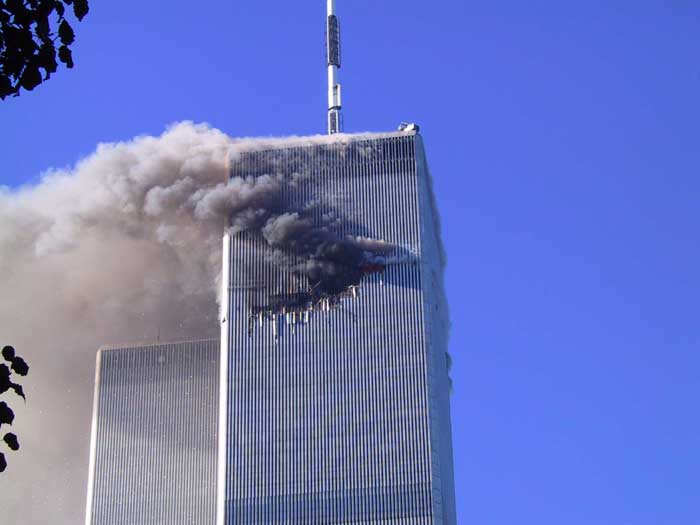Lesson 2: An Introduction to Trauma
Attention

While many of us can agree upon some things that we would consider "traumatic" the actual experience of a traumatic event is very individual. How one person experiences a trauma can be very different than how someone else experiences a trauma.

Consider the wide diversity of reaction to the 9/11 tragedy. We are not talking about the difference between a person who know someone on the planes and someone who didn't, there are differences between the experiences of people who both knew people who were killed.
What one person sees as traumatic will also not be what someone else sees as traumatic. One of the most dramatic applications of Psychosocial Rehabilitation philosophy is the validation that if the client feels it is traumatic, it is.
Learning Outcomes
Upon completion of this lesson's material, students will be able to:
- Explore personal perceptions on the concept of trauma.
- Identify the importance of dealing with trauma (past and present) as a function of the role of "Mental Health Worker"
Teaching
- Read the "Afterword: The Dialectic of Trauma Continues" in Trauma and Recovery
- Read "Chapter 1: A Forgotten History" in Trauma and Recovery
Assessment
Anonymous Discussion
I'm going to create a discussion board in which you can post anonymously. In this section we can express our thoughts freely regarding the content of the class and our own experiences. This is not therapy but it can be a relieve to be able to express strong thoughts in a forum such as this. This section is ungraded and there is no way for anyone, myself included, to know who has posted. Please refrain from comments about the class and focus on the content of the class (there are other forums for the class and those should not be anonymous).
Lesson 2 Discussion
In this discussion we are going to focus one the wide scope of this course. When we each think of trauma we think of different things or events. We might even place them in a sort of hierarchy meaning that some events are more traumatic than others. Post your own thoughts on defining trauma from the point of view of a Mental Health Worker.
Lesson 2 Quiz
Answer the following question in the appropriate assessment:
- What personal experiences and perceptions of trauma do you feel you bring to your work as a Mental Health Worker?
- Describe how these experiences and perceptions may help AND hinder you from being most effective with your clients.